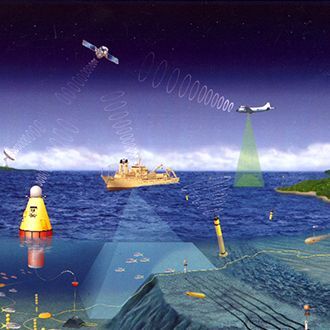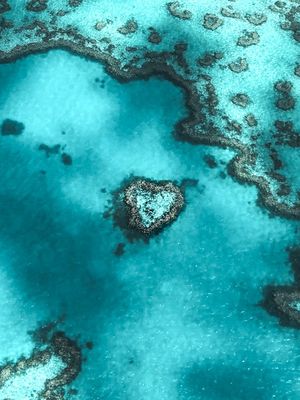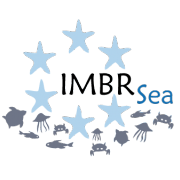year2019
Courses tagged with "year::2019"

IPI2019
IPI2019

MSR2019BE
Conduct of Marine Scientific Research (MSR) under the United Nations Convention on the Law of the Sea (UNCLOS)
Marine scientific research (MSR) plays a critical role in sustainable development as consistently recognized by the UN General Assembly in its annual resolutions on oceans and the law of the sea. Research, and the tools required to conduct it, are essential for the sustainable development of the oceans and the seas and their resources, including by supporting informed decisions on the conservation and sustainable use of the marine environment and its resources, and by helping to understand, predict and respond to natural disasters and climate change. Increased MSR through capacity--development strengthening the capacity of States, in particular Small Island Developing States (SIDS), to implement the relevant MSR provisions of the United Nations Convention on the Law of the Sea (UNCLOS) as well as similar provisions in other instruments, is essential for increasing the MSR being conducted in the world’s oceans. This course will provide an overview of the legal, technical and scientific aspects of the MSR regime, particularly with respect to consent procedures, so as to reinforce the participants’ knowledge of the rights and obligations of coastal and researching States. It will also touch upon matters relating to the development and transfer of marine technology under the United Nations Convention on the Law of the Sea.

RSCR2019IR
Remote Sensing of Coral Reefs

Ocean Primary Productivity
By the end of this course,
- You will know the basics of ocean primary productivity.
- You will be able to explain which processes are involved in primary productivity, how it is measured and why it is important.
- You will learn different methods of ocean observing including in situ and remote sensing and how these observations can be used.
- You will gain knowledge of the advantages of open data and know where to find ocean data through the Australian Ocean Data Network or other databases and how to access these datasets.
- You will gain experience on how to analyse and interpret the data with options given on coding languages to achieve this. The data laboratories are developed in Matlab and either in R or Python, or both.
Engagement
This is a self-paced online course.
Activities
The course consists of a mixture of material to read, video lectures, data laboratory using real datasets and computer coding.
Learning Resources
To facilitate the learning process, all the presentations are narrated and the textual transcript available. You can also download the presentation files and the videos. The laboratory section contains selected MATLAB, R and Python scripts that allows you to interact and analyse data from IMOS in your preferred analysis tool.
What you need
A computer, internet connection and basic knowledge of marine science and basic coding skills in R, Python or MATLAB. Mobile devices may not be suitable for these lectures.

